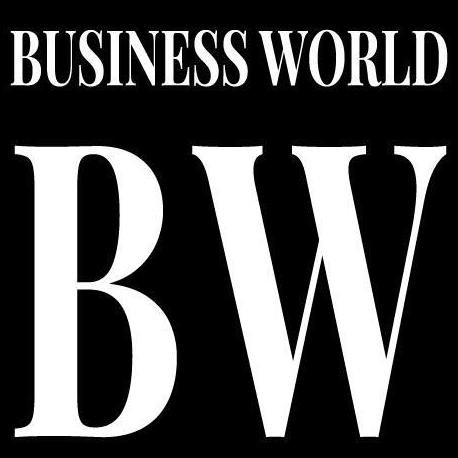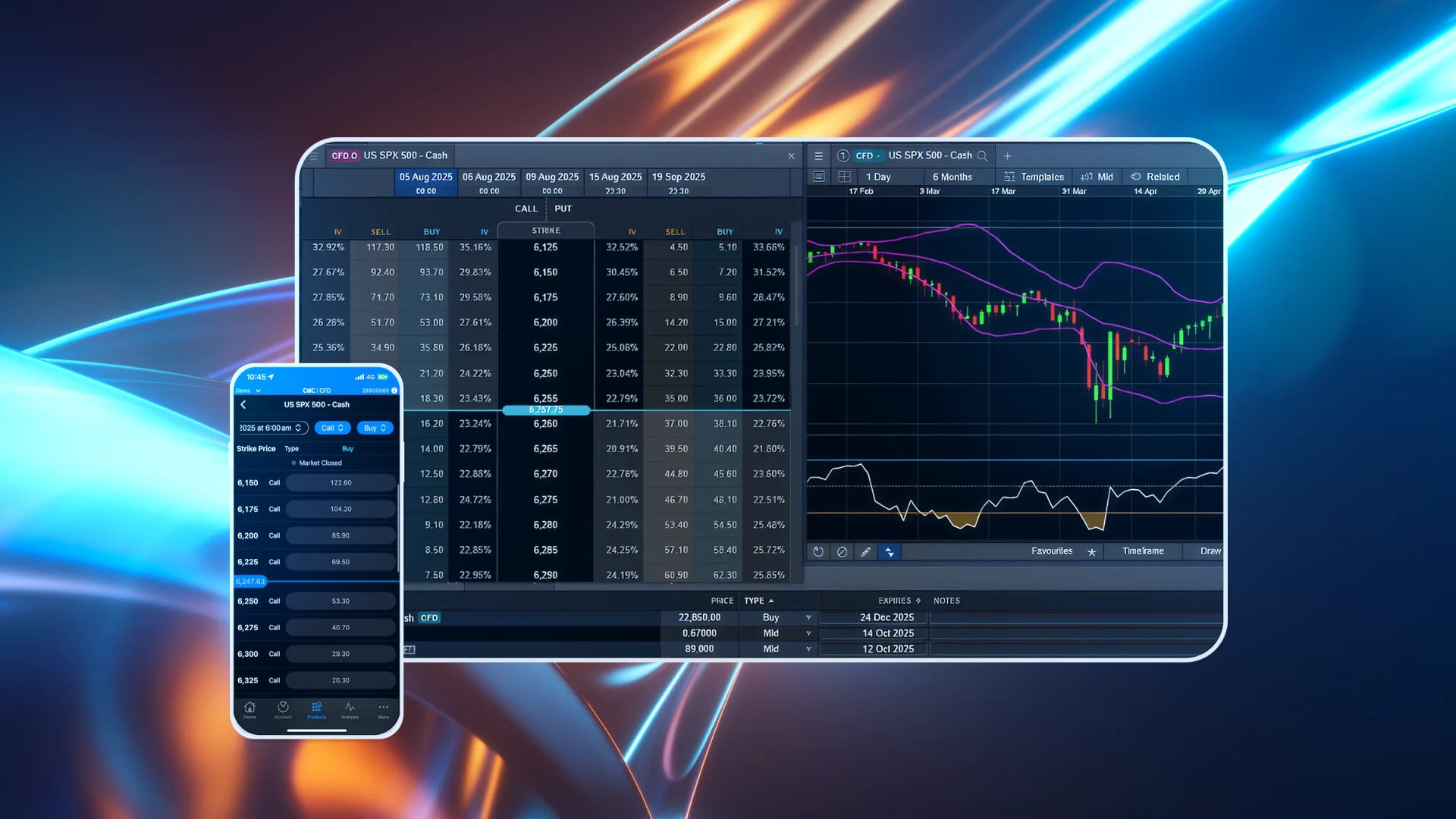Aluminium prices hit four-year low
Industrial metals prices fell sharply on Wednesday after data showed global factory output shrinking fast, with expectations of a vast supply surplus pushing aluminium below $1,500 a tonne for the first time since 2016.
Benchmark aluminium on the London Metal Exchange was down 1.8 per cent at $US1,498 at after falling as low as $1,483.50.
The falls come on the heels of the worst quarter for base metals since 2011.
Aluminium, a lightweight metal used in transport and packaging, has tumbled 17 per cent this year as the coronavirus pandemic has reduced demand.
“We need 4.2 million tonnes of supply cuts by mid-year, and even then we’ll end up with a surplus of 1 million tonnes,” said BMO analyst Colin Hamilton.
“I can’t see that happening. We will see some cuts but not enough,” he added, estimating that prices could slip to $US1,400.”
Nearly 69 million tonnes of aluminium were produced last year, according the International Aluminium Institute.
Plummeting aluminium prices are unlikely to persuade producers to cut output immediately because input costs have also fallen.
Aluminium stocks in LME-registered warehouses have risen by nearly 200,000 tonnes since mid-March to 1.15 million tonnes.
Inventories in Shanghai Futures Exchange warehouses have more than doubled to 528,072 tonnes since the start of the year.
The net short position in LME aluminium was at 51 per cent of active contracts, the largest since 2012, brokerage Marex Spectron said.
Factories fell quiet across most of Europe, Asia and North America in March as the coronavirus pandemic paralysed economic activity, with evidence mounting that the world is sliding into deep recession.
In China, the biggest metals consumer, manufacturing recovered somewhat from a sharp contraction in February.
But Chinese economic growth could fall as low as 0.1 per cent this year, according to the World Bank, and its ports and shippers are bracing for disruption as the spread of coronavirus chokes off international demand.
Grim factory data – along with a warning from US officials that the coronavirus could kill up to 240,000 people there – pushed global stock markets sharply lower.
The US.currency also strengthened as investors braced for a global downturn, pressuring metals by making them more expensive for buyers with other currencies.
Japan’s Mitsubishi Materials, Sumitomo Metal Mining and Dowa Holdings said they plan to increase copper output.
Mitsui Mining and Smelting said it would reduce its refined zinc production.
Trading activity on China’s commodities markets is soaring as investors increasingly hedge risks.
LME copper was down 3.1 per cent at $US4,797 a tonne, zinc fell 2.1 per cent to $1,866, nickel lost 2.0 per cent to $US11,255, lead slipped 2.0 per cent to $US1,706 and tin was 1.3 per cent down at $US14,415.
They all fell between 10 per cent and 20 per cent in the first quarter of the year.








